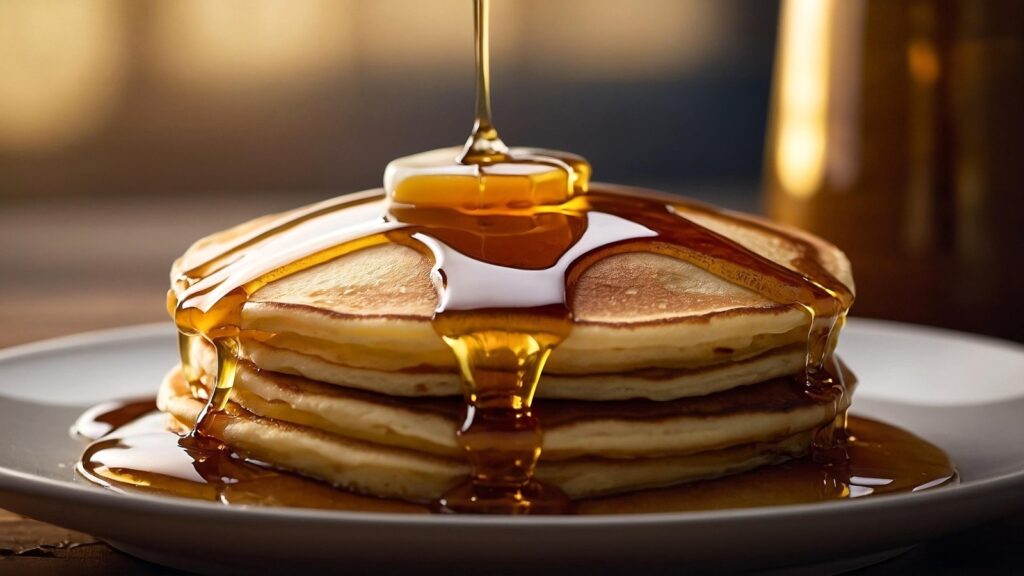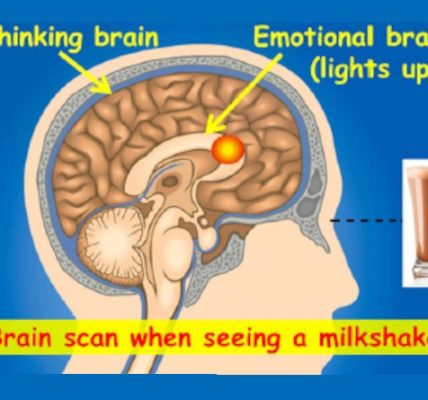Especially Sugar and Wheat

For quite some time now, various professionals have been writing about the existence (or not) of food addiction. Some have had to deal with it themselves, while others do not have personal experience but of course hope to help by treating food-addicted patients. Then, there is a small subdivision of whistleblowers with regrettable pasts, in the very lucrative profession of creating and promoting food addiction, who definitely know what they are talking about.
Still, in this particular corner of the substance abuse realm, the people who try to raise awareness are likely to be regarded as crackpots, no matter how many credentials they hold. Like a modern-day Paul Revere, such a person will, figuratively speaking, jump on a horse and ride through the countryside in an effort to wake up the population and alert us to danger. Only, instead of yelling “The British are coming!,” they shout “The food industry purposely creates addiction to its products!” Also, unlike Paul Revere, instead of being appreciated as heroes they are likely to be scorned.
An expert might be regarded as a particular kind of specialized crackpot, for holding a belief that the only two genuine food addiction villains are sugar and wheat. Actually, sugar is a no-brainer that anyone can make a case against. It doesn’t take any sort of advanced degree to manage that. But wheat? How could anyone have the colossal nerve to pick on the Staff of Life?
Yet, a particular subdivision of whistleblowers hold that sugar and wheat are the only two truly addictive foods. Actually, one school of thought holds that since flour, once ingested, breaks down into sugar, it is all just sugar addiction. Let’s look at that.
Carbohydrates come in three varieties: sugars, starches, and fiber. Fiber is not digested, so it doesn’t convert into anything else. The other two do their best to turn into glucose, which the body uses for energy.
And, actually, explains Lindsay Boyers,
The carbohydrates aren’t really converted into glucose — they already contain the sugar in a more complex package. They just get broken down into smaller components so your body can actually grab and use the glucose for something else.
Okay — so far, so good. Then, it gets complicated again. One proponent of the idea that food addiction exists also includes dairy products in the quite dangerous category, saying,
Gluten, dairy, and processed foods trigger addictive responses in the same way commonly abused drugs do. The more processed (i.e., high carb) and fatty a food is, the more likely it is to cause addiction… Processed carbs […] are rapidly absorbed by the body and quickly spike blood sugar before causing it to crash. This triggers areas of the brain as well as hormonal responses that stimulate cravings.
That is what addiction is all about — the stimulation of cravings. The difference between somebody who craves chocolate cake and someone who craves heroin is, basically, the legality of the financial transaction required to procure it. The author cites a 2013 study in which…
[…] the subjects who ate the processed foods were hungrier and experienced surges and crashes in blood sugar in contrast to the low-glycemic eaters. They were also more prone to overeating and to choosing more high-glycemic foods…
… And then goes on to say describe how, in some human brains, gluten and dairy trigger an opioid response:
The opioid created by the digestion of milk protein is called casopmorphin while the gluten opioid is called gluteomorphin. These food-derived opioids activate the same opioid receptors in the brain that respond to prescription pain pills and heroin.
While natural foods can sometimes do that, in ultra-processed foods the effect is magnified. More evidence for the addictive quality of food-based opioid sensitivity is that deprivation can cause severe withdrawal symptoms, including depression, mood swings, and even a worsening of digestive tract problems. When such a person tries to quit, “going gluten-free and dairy-free can mean a couple of weeks of misery.” Which pretty much sounds like classic addiction.
Written by Pat Hartman. First published May 9, 2025.
Sources:
“Foods That Are Converted Into Sugars After Being Eaten,” LIVESTRONG.com, undated.
“Gluten and dairy are like addictive drugs to the brain,” CenterForIntegrativeHealth.com, undated.
Image Copyright: u_k2zoyqpmn7/Pixabay.




